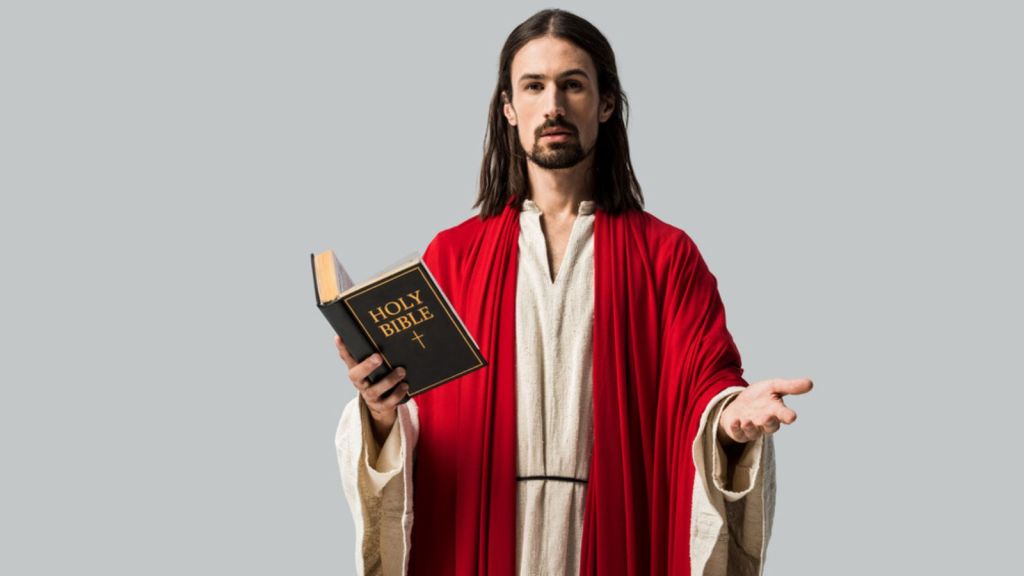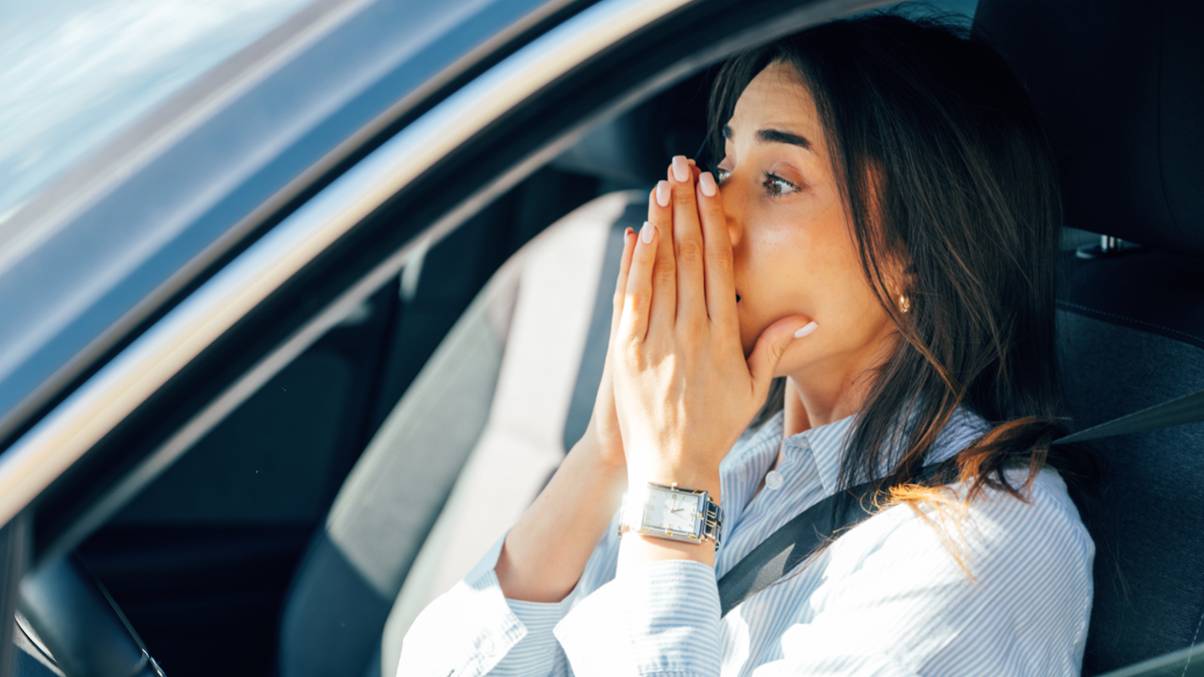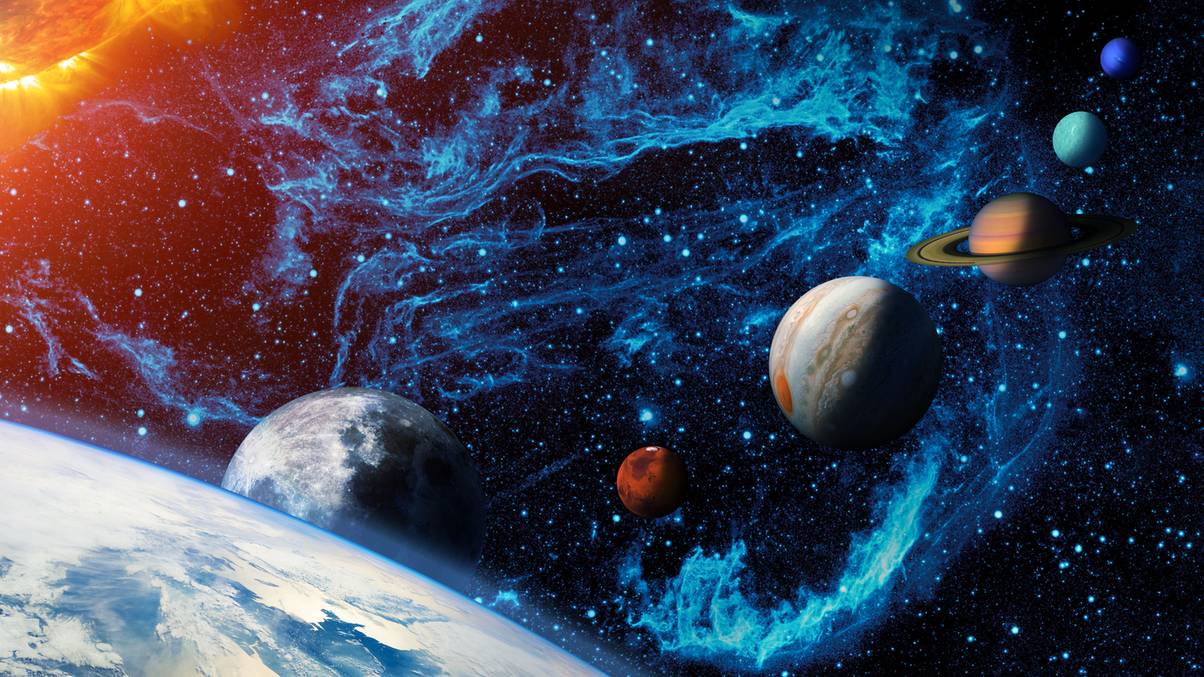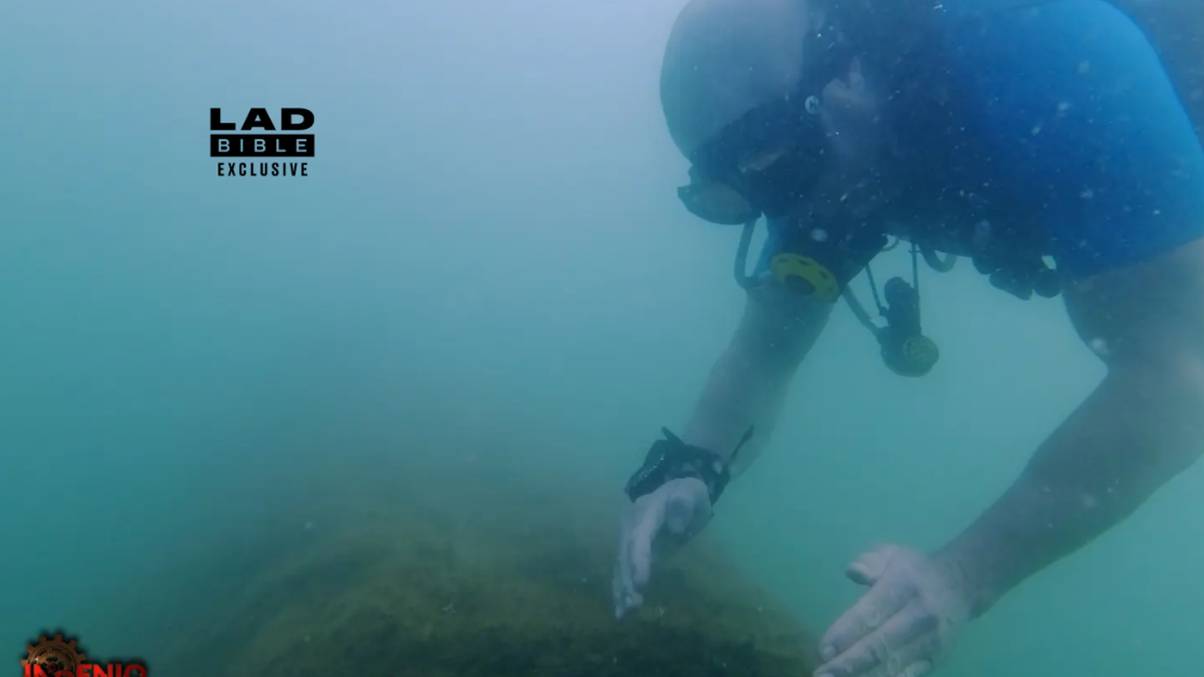“Unlocking the Secrets: 13 Fascinating Beliefs About What Happens After We Die”
Let’s acknowledge that this is a topic influenced by personal beliefs, cultural and religious traditions, and even anxieties about the unknown. Our goal isn’t to provide definitive answers or tell you what to believe. Instead, we’ll explore some of the most thought-provoking theories about the afterlife, both ancient and modern, offering insights into the diverse ways humans contend with this universal mystery.
Whether you’re a firm believer in a specific religion, a curious skeptic, or merely open to exploring the possibilities, you’ll have your mind expanded with these theories. These aren’t just abstract ideas but reflections of how cultures and individuals across time have made sense of death and what, if anything, lies beyond.
1. Heaven and Hell: The Eternal Reward or Punishment

This concept, prevalent in Abrahamic religions (Christianity, Islam, Judaism), posits that our actions in life determine our fate after death. The righteous ascend to heaven, a realm of eternal bliss, while the wicked descend to hell, a place of torment.
While this is a matter of faith, not scientific proof, it’s undeniable that this belief system has shaped human behavior and morality for centuries. The fear of eternal damnation and the promise of paradise have guided countless choices, creating a powerful framework for understanding the consequences of our actions.
2. Reincarnation: The Cycle of Rebirth

This ancient belief, found in Hinduism, Buddhism, and other traditions, proposes that upon death, the soul is reborn into a new body. The nature of that rebirth is determined by karma â the cumulative effect of your actions in previous lives.












